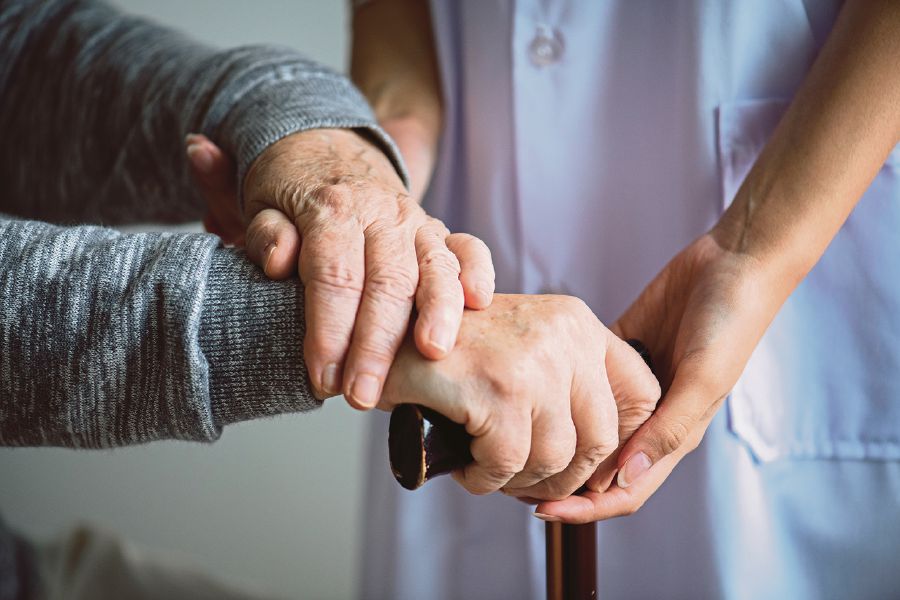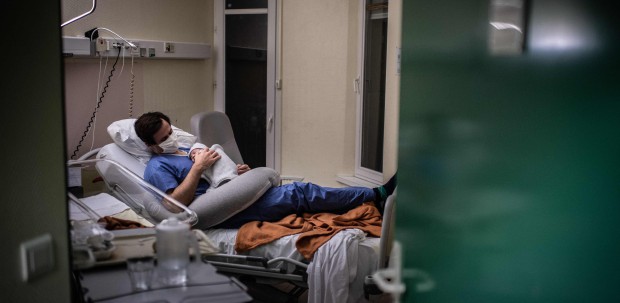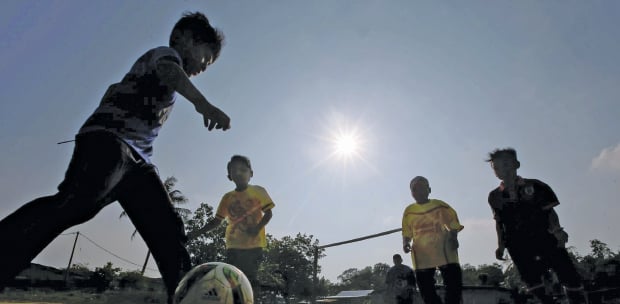A STROKE can happen to anyone, but many believe that they are susceptible to it only as they grow older. The number of stroke cases in Malaysia is on the rise.
Although the majority of cases involve men over the age of 60, there is still a portion of those below that age who have gotten a stroke due to hereditary reasons.
But what is a stroke, and why should you be aware of it?
A stroke is a serious medical condition that occurs when there is a lack of blood supply to parts of the brain due to blood clots, preventing the brain from getting oxygen and nutrients.
Awareness of stroke is important as identifying the symptoms and getting to a hospital as soon as possible can save lives.
By learning the BE FAST warning signs, you could save a life:
Balance - loss of balance, headache or dizziness
Eyes - blurred vision
Face - facial drooping on one side
Arms - arm weakness
Speech - speech difficulty
Time - time to call for an ambulance

DO IT NOW
If any of these symptoms are present, it is best to call for an ambulance for immediate medical attention.
While waiting for the ambulance to arrive, make sure the stroke patient is in a safe location and is able to breathe properly.
It is also good to note down when each symptom started, as it can help medical staff make more informed decisions about treatment
options.
If the stroke patient arrives at the hospital within 4.5 hours of showing any symptoms, he can receive an injectable medication called tissue plasminogen activator (tPA) to dissolve any blood clots in the vessels leading to the brain.
In the event that the patient is not eligible for tPA, a procedure called mechanical thrombectomy may be performed in selected centres.
Patients will be affected differently after having a stroke, as it depends on the severity of the stroke and which part of the brain the clot stopped the flow of blood to.
Some of the common after-effects of a stroke are weakness of limbs on one side of the body, slurred speech, inability to speak, unsteadiness in walking and being unable to swallow.
Those who are most at risk of getting a stroke often have a family history of the condition, are obese, have diabetes, high cholesterol or blood pressure. If you experience any of these, monitor your condition and ensure that your sugar, cholesterol and blood pressure are under control and visit your physician regularly.
For those who are considered to have a lower risk, it is recommended to do a medical check-up at least once a year when you are over the age of 30.

MAKE THE CHANGE
A healthy lifestyle is the main way to prevent a stroke and it's never too late to start.
Here are some tips for those looking to make that change:
1. Quit smoking
2. Maintain a healthy weight
3. Eat healthy
4. Reduce sugar and salt intake
5. Exercise
*The writer is consultant neurologist and physician at Sri Kota Specialist Medical Centre.




